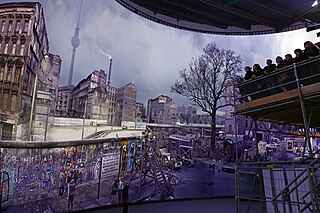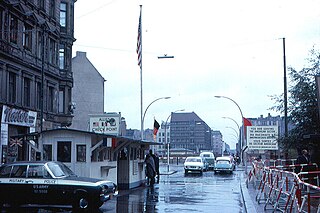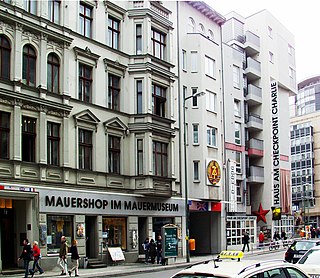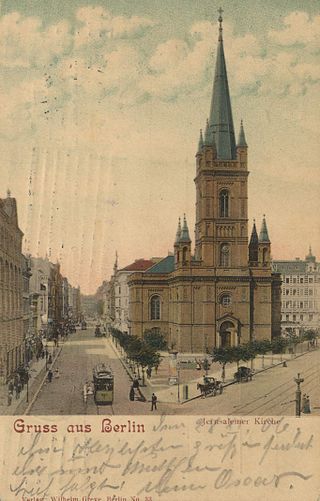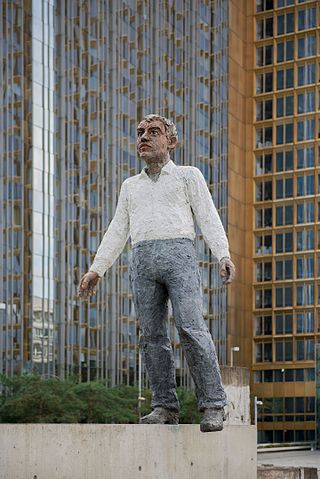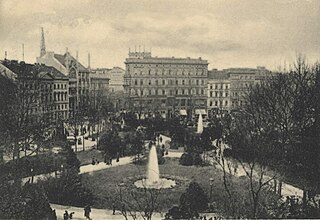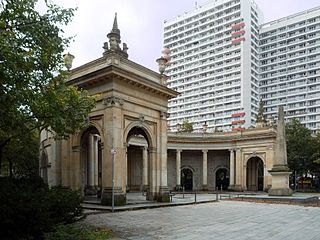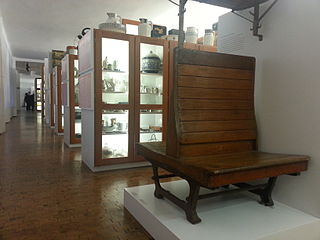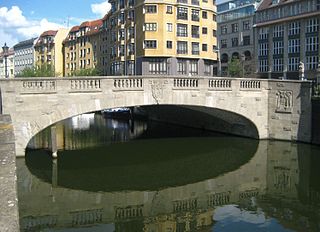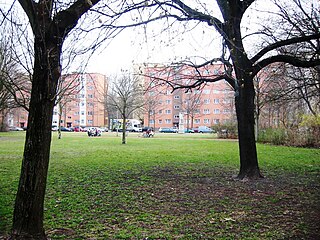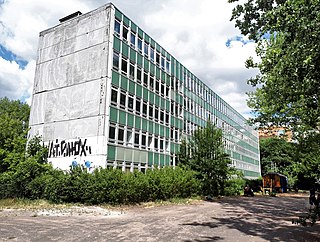Self-guided Sightseeing Tour #6 in Berlin, Germany
Legend
Guided Free Walking Tours
Book free guided walking tours in Berlin.
Guided Sightseeing Tours
Book guided sightseeing tours and activities in Berlin.
Tour Facts
5.1 km
107 m
Experience Berlin in Germany in a whole new way with our free self-guided sightseeing tour. This site not only offers you practical information and insider tips, but also a rich variety of activities and sights you shouldn't miss. Whether you love art and culture, want to explore historical sites or simply want to experience the vibrant atmosphere of a lively city - you'll find everything you need for your personal adventure here.
Activities in BerlinIndividual Sights in BerlinSight 1: Topography of Terror
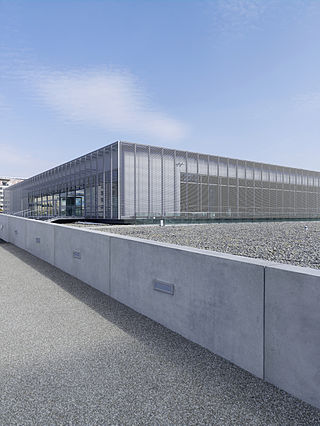
The Topography of Terror is an outdoor and indoor history museum in Berlin, Germany. It is located on Niederkirchnerstrasse, formerly Prinz-Albrecht-Strasse, on the site of buildings, which during the Nazi regime from 1933 to 1945 was the SS Reich Security Main Office, the headquarters of the Sicherheitspolizei, SD, Einsatzgruppen and Gestapo.
Sight 2: Trabi Museum
Get Ticket*The Trabi Museum Berlin is a car museum in Germany.
Sight 3: asisi Panorama - The Wall
Since September 2012, the Asisi Panorama Berlin has been located at the former Checkpoint Charlie at Friedrichstraße 205 and shows the panorama The Wall – the Asisi Panorama of divided Berlin. The monumental circular painting by Yadegar Asisi thematizes the Cold War and the division of German Germany in Berlin.
Sight 4: Checkpoint Charlie
Checkpoint Charlie was the best-known Berlin Wall crossing point between East Berlin and West Berlin during the Cold War (1947–1991), as named by the Western Allies.
Sight 5: Wall Museum
Get Ticket*The Checkpoint Charlie Museum is a private museum in Berlin. It is named after the famous crossing point through the Berlin Wall, and was created to document the so-called "best border security system in the world". On display are the photos and related documents of successful escape attempts from East Germany, together with the escape apparatus: hot-air balloons, getaway cars, chairlifts, and a mini-U-boat. The museum researches and maintains a list of deaths at the Berlin Wall. It is operated by the Mauermuseum-Betriebs gGmbH, and the director is Alexandra Hildebrandt.
Sight 6: Friede sei mit Dir
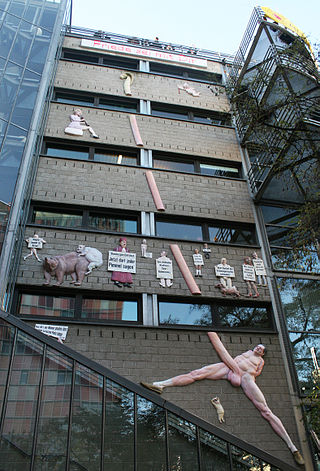
The relief sculpture Friede sei mit Dir, also known as the cock of Berlin, is an artwork by sculptor Peter Lenk. It is located in Berlin at the former building of the editorial staff of German newspaper taz.
Sight 7: Jerusalemskirche
Jerusalem Church is one of the churches of the Evangelical Congregation in the Friedrichstadt, a member of the Protestant umbrella organisation Evangelical Church of Berlin-Brandenburg-Silesian Upper Lusatia. The present church building is located in Berlin, borough Friedrichshain-Kreuzberg, in the quarter of Friedrichstadt. Jerusalem Church is fourth in rank of the oldest oratories in the town proper.
Sight 8: Balanceakt
The sculpture Balancing Act is the work of the German sculptor Stephan Balkenhol. It stands in front of the Axel Springer high-rise on the corner of Axel-Springer-Straße and Zimmerstraße in the Berlin district of Kreuzberg.
Sight 9: Marion-Gräfin-Dönhoff-Platz
The Dönhoffplatz in Berlin on Leipziger Straße in the Mitte district was a square and green space named after the Prussian Lieutenant General Alexander von Dönhoff between the 1740s and 1975. In connection with the new development of Leipziger Straße, the square as such was abandoned in 1975. In 1979, a reconstruction of the Spittel colonnades was erected on the remaining nameless green area. In 2010, the area was given the name Marion-Gräfin-Dönhoff-Platz. The namesake Marion Gräfin Dönhoff comes - like Alexander von Dönhoff - from the noble family of the Dönhoffs.
Sight 10: Spittelkolonnaden
The Spittelkolonnaden in Berlin is a late Baroque ornamental building by Carl Philipp von Gontard on Marion-Gräfin-Dönhoff-Platz in the Mitte district near the Spittelmarkt. Originally, they consisted of an ensemble of two semicircular open columned halls, which at the time of their construction in 1776 served as the border of a bridge over the southern moat, which was an unsightly sewage ditch at the time.
Sight 11: Werkbundarchiv - Museum der Dinge
The Werkbund Archive – Museum of Things in Berlin is a museum dedicated to the material culture of the 20th and 21st centuries, which was shaped by industrial mass and commodity production.
Sight 12: Haus des Papiers
The House of Paper is a museum for fine paper art at Spitteleck in Berlin-Mitte, which opened on May 22, 2021.
Sight 13: Grünstraßenbrücke
The Grünstraßenbrücke in Berlin's Mitte district is one of the early Spree crossings in the old Kölln city centre. Instead of a wooden yoke bridge with flaps for the ship passages, the stone Grünstraße bridge was built from 1903 to 1905. After partial destruction at the end of the Second World War and subsequent repairs, it has been on Berlin's list of architectural monuments since the 1970s.
Sight 14: Waldeckpark
Waldeckpark is located in the Berlin district of Kreuzberg in the street square Alexandrinenstraße, Alte Jakobstraße and Oranienstraße. On its western side, it touches the grounds of the Federal Printing Office.
Sight 15: Luisenstädtischer Kirchpark
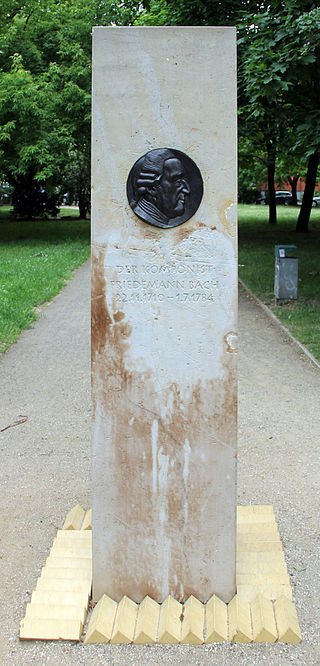
The Luisenstädtische Kirchpark is located in Berlin's Mitte district on Alte Jakobstraße/Sebastianstraße. It is named after the Luisenstadt Church, which stood here until 1964.
Sight 16: Theaterhaus Berlin
The Theaterhaus Berlin is a central rehearsal and production location as well as a communication platform for independent performing artists of all genres in Berlin. The Theaterhaus Mitte became the Theaterhaus Berlin with the additional location in the Schöneweide district.
Sight 17: Herkules im Kampf mit dem Nemeischen Löwen
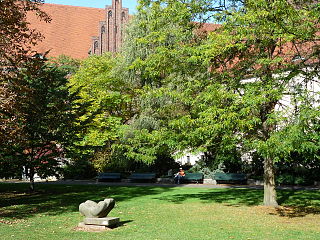
Köllnischer Park is a public park located near the River Spree in Mitte, Berlin. It is named after Cölln, one of the two cities which came together to form Berlin; the park location was originally just outside it. Approximately 1 hectare in area, the park came into existence in the 18th and 19th centuries on the site of fortifications. It was redesigned as a public park in 1869–1873 and was further modified in the 20th century with the addition of first a bear enclosure, the Bärenzwinger, and later a permanent exhibition of sculpture, the Lapidary. The park is a registered Berlin landmark.
Sight 18: Wusterhausener Bär
The Wusterhausener Bär or Wusterhausenische Baer is a small tower in the Köllnischer Park at the Märkisches Museum in Berlin's Mitte district. It is the last surviving part of Berlin's defences, which the Great Elector had built after the Thirty Years' War between 1662 and 1683.
Share
How likely are you to recommend us?
Disclaimer Please be aware of your surroundings and do not enter private property. We are not liable for any damages that occur during the tours.
GPX-Download For navigation apps and GPS devices you can download the tour as a GPX file.
